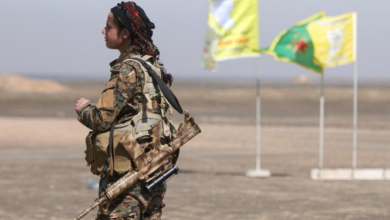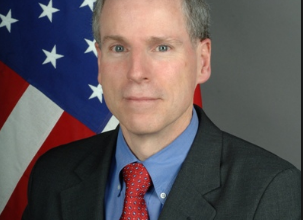Iran’s fortune shifted when the six world powers (P5+1: China, France, Russia, the United Kingdom, and the United States; plus Germany) and Iranian leaders initiated the nuclear negotiations, then signing the nuclear agreement, which led to the lifting of global sanctions.
As a result, the Islamic Republic continues to be the recipient of significant geopolitical, strategic and economic opportunities and rewards from the global powers. Iranian leaders could, and still can, capitalize on these opportunities granted to them in two different ways.
Respect or resentment?
Simply put, Iranian leaders can use their new status on global stage, their enhanced legitimacy, and the additional revenues they are receiving to invest in enhancing the lives of its citizens, advance the nation’s technological advancements, avoid interfering in other countries’ affairs, avoid the application of provocative and incendiary speeches against other nations, refrain from intimidating other countries by their military power, and attempt to be a respected nation-state in the region and on the global arena similar to other countries such as South Korea and Japan.
With the sanctions being lifted and the continuing implementation of the nuclear agreement, Iranian leaders believe that the trend has changed, they do not need to change their policies, and that they currently enjoy the upper hand in the Middle East
Dr. Majid Rafizadeh
The second direction that the Iranian government can take is to use their elevated status, as well as chances and opportunities – offered by the nuclear agreement and sanctions relief – to project its military power, build more proxies in the region.
It can choose to provoke other nations by its ballistic missile capabilities, issue confrontational, incendiary and irrational statements to antagonize other countries, continue to be an ideological and revolutionary state with a goal toward being respected as the regional superpower at any cost, impose and spread its Shiite Islam on other nations, proclaim itself as the vanguard of Islam and leader of the Musim world, and act as an ideological cause rather than a nation.
In other words, Iran can choose to be respectfully recognized as a regional power without reliance on hard power, or it can impose its ideology and power on other nations and create resentment rather than reverence.
The revolutionary state
With the sanctions being lifted and the continuing implementation of the nuclear agreement, Iranian leaders believe that the trend has changed, they do not need to change their policies, and that they currently enjoy the upper hand in the Middle East.
Iran’s Supreme Leader, Ayatollah Ali Khamenei, and the Iran Revolutionary Guard Corps (IRGC) felt that their objectives, prophecies, and goals came true. From their perspectives, they have been successful because of their long-time policies, so why should they alter the status quo?
Geopolitically and strategically speaking, the West is suddenly treating the Islamic Republic as an indispensable regional power. Iranian leaders observe how they are being respected on the Western and global diplomatic arenas. Tehran’s image has also being changed as the West and Iran are advertising the Islamic Republic to be a safe place for millions of tourists to visit.
Considering that the Western powers seem to be giving too much credit to Iran’s military in fighting the West’s main enemy – the ISIS – European nations and the US have significantly shifted their foreign policy toward Iran so that they could tactically cooperate with Iran on Middle Eastern conflicts.
But more fundamentally, what has given the Iranian leaders the encouragement to more forcefully, publicly, and provocatively reassert their regional preeminence and regional hegemonic ambitions is the global financial freedom. This has given some IRGC leaders the sense that they are the paramount power and an unstoppable force in the region.
In closing, many politicians, scholars and policy analysts hoped that Iran would change its behavior after the nuclear agreement, and act as a constructive and modern nation-state.
Nevertheless, we should be cautious of conflating, intertwining, and confusing our hopes with scholarly analyses and the concrete reality on the ground. The Iranian government has decided to more forcefully continue acting as an ideological cause rather than a nation.
_________________________
Dr. Majid Rafizadeh
alarabiya.net



